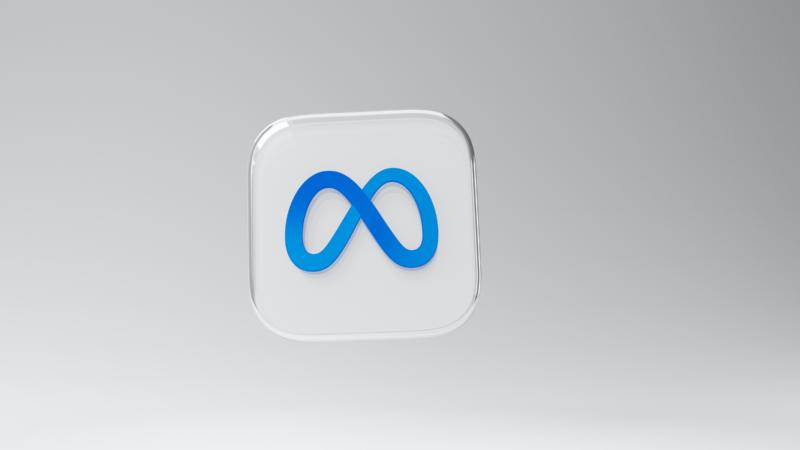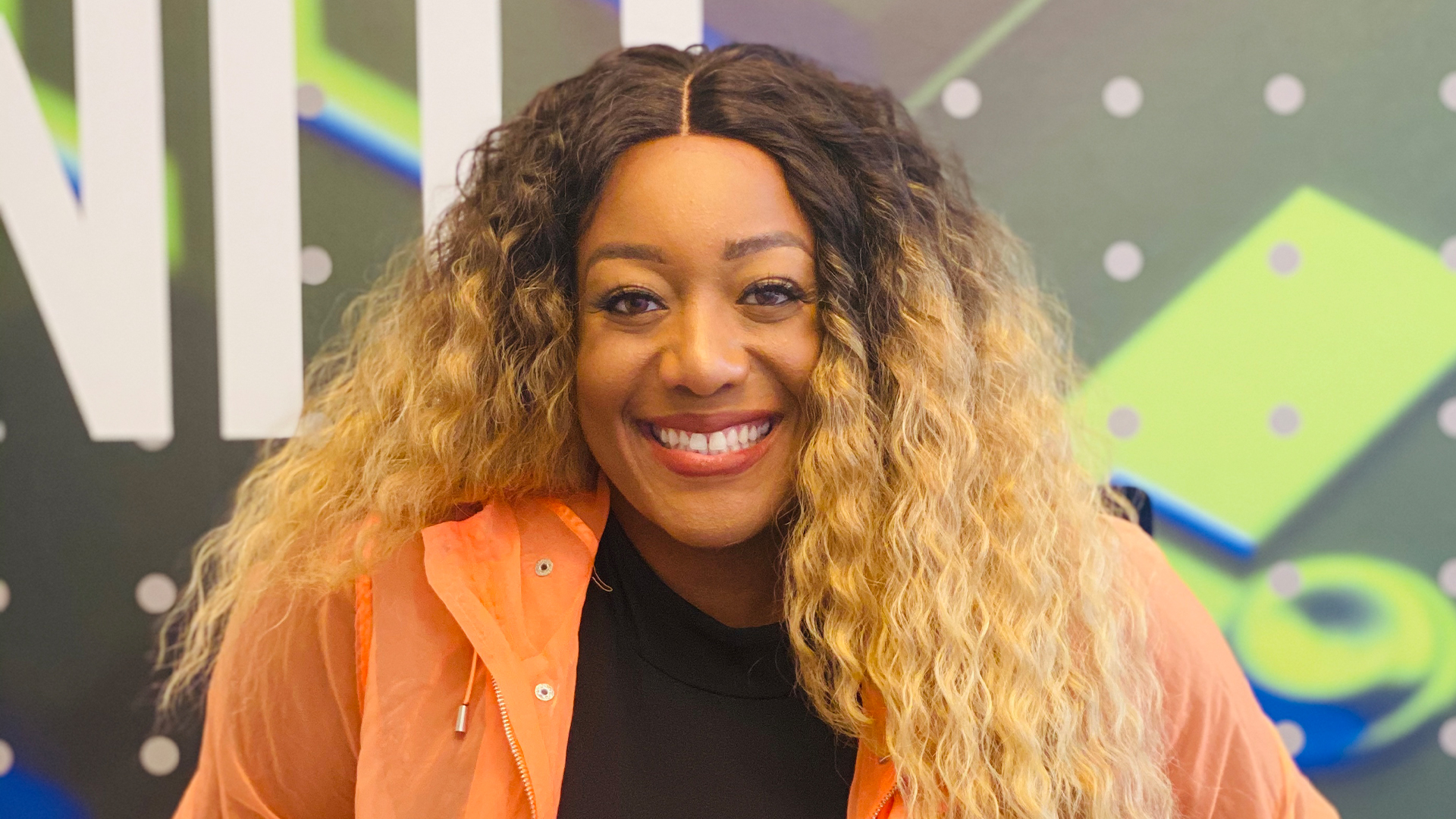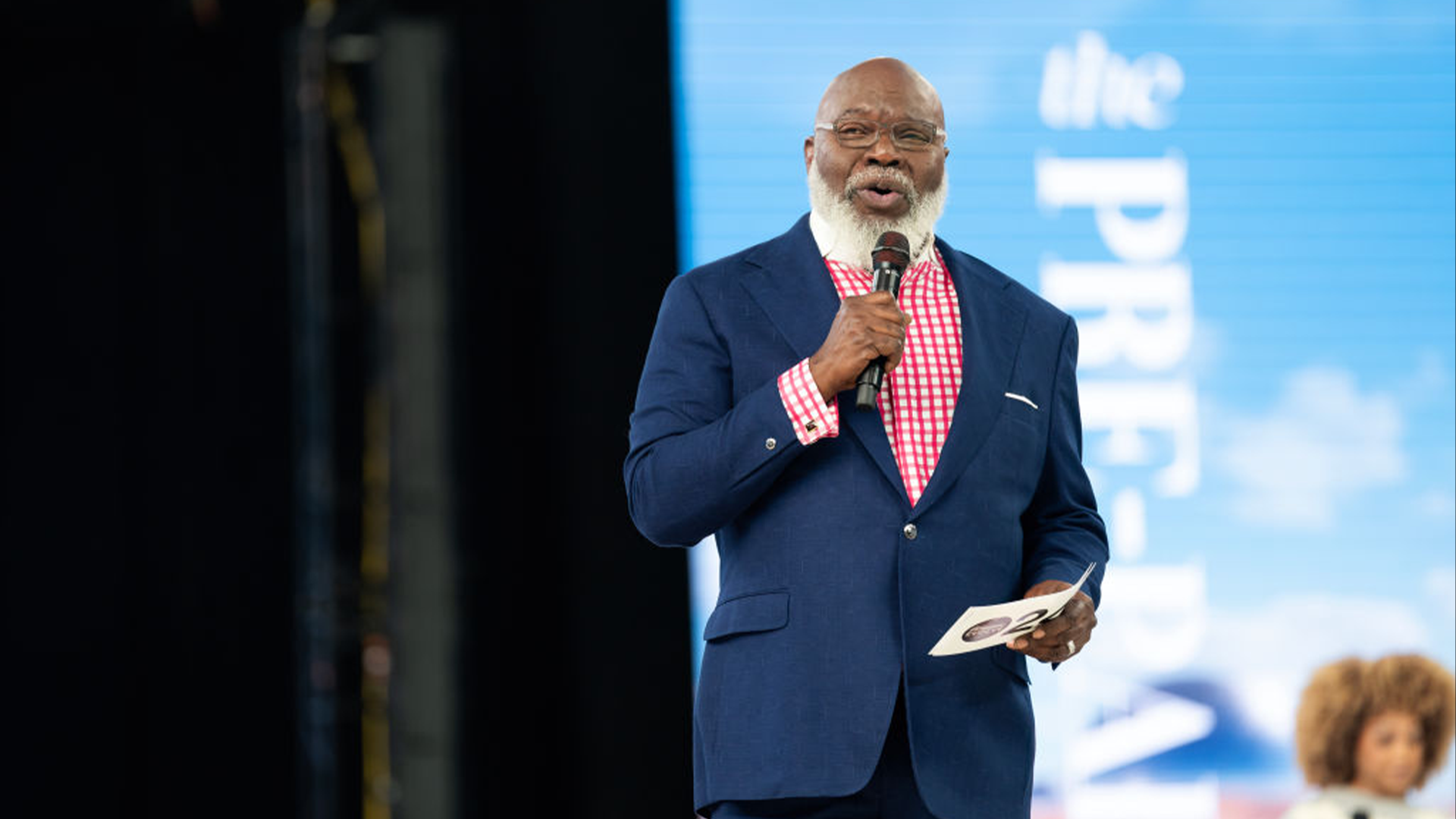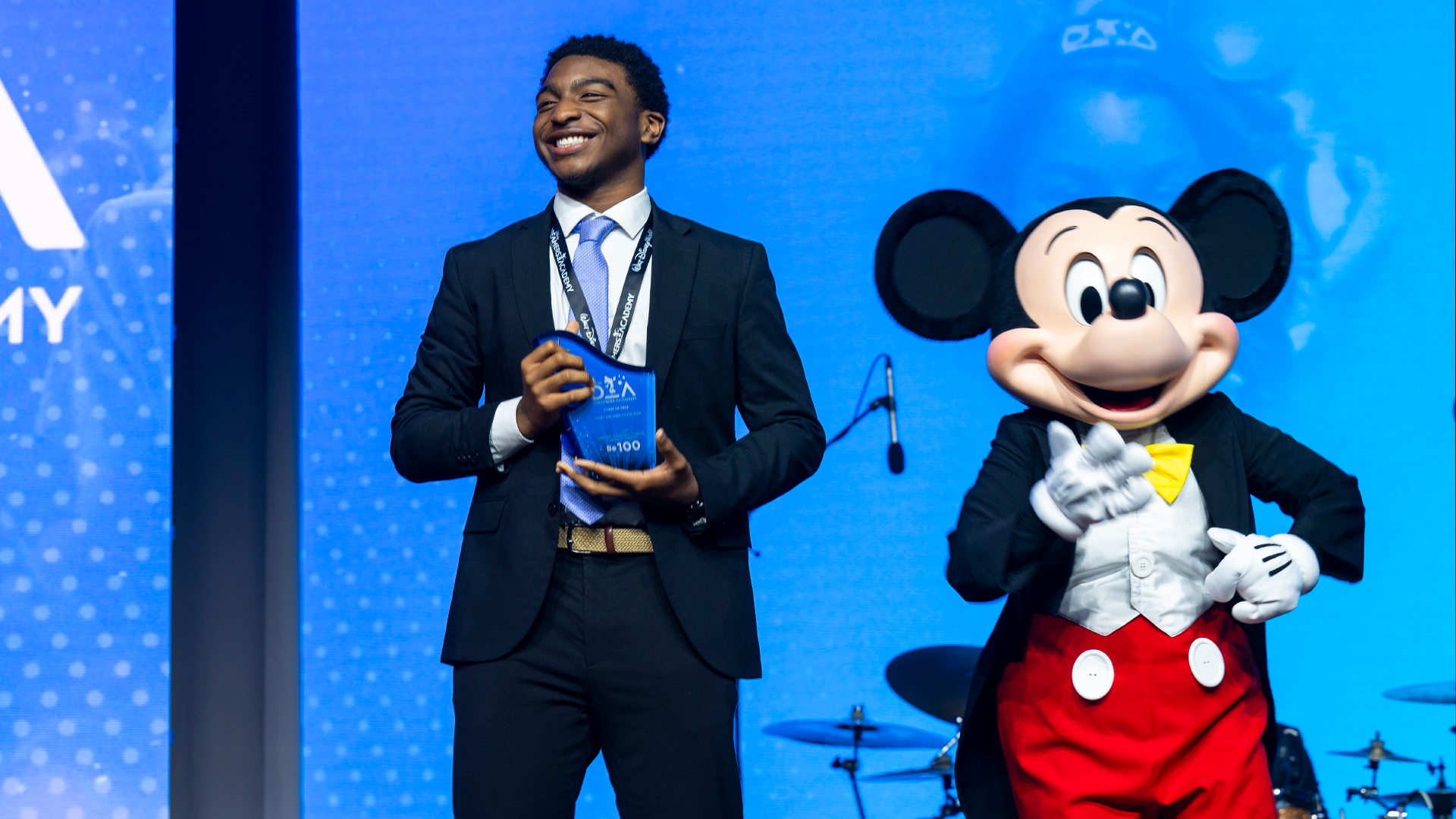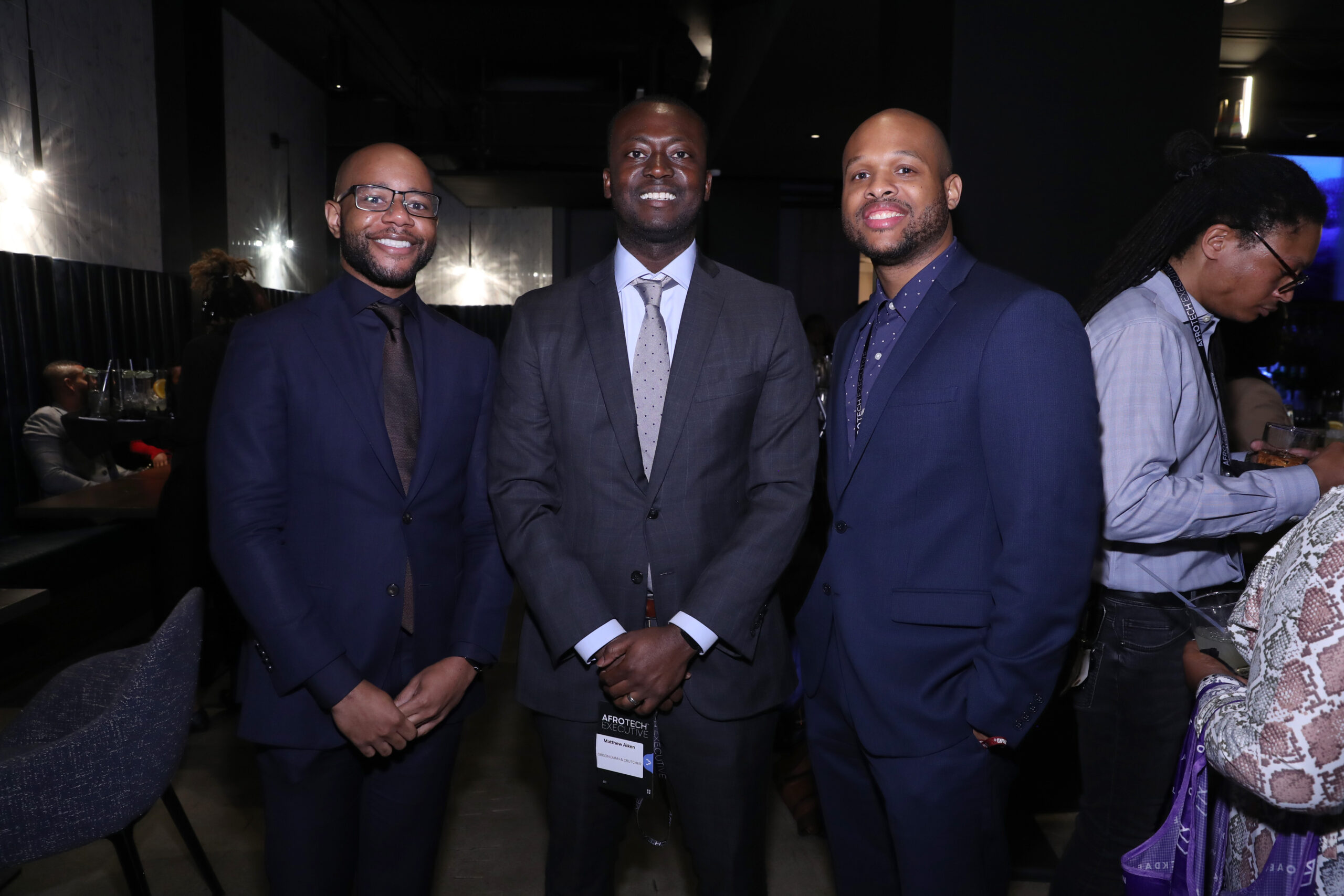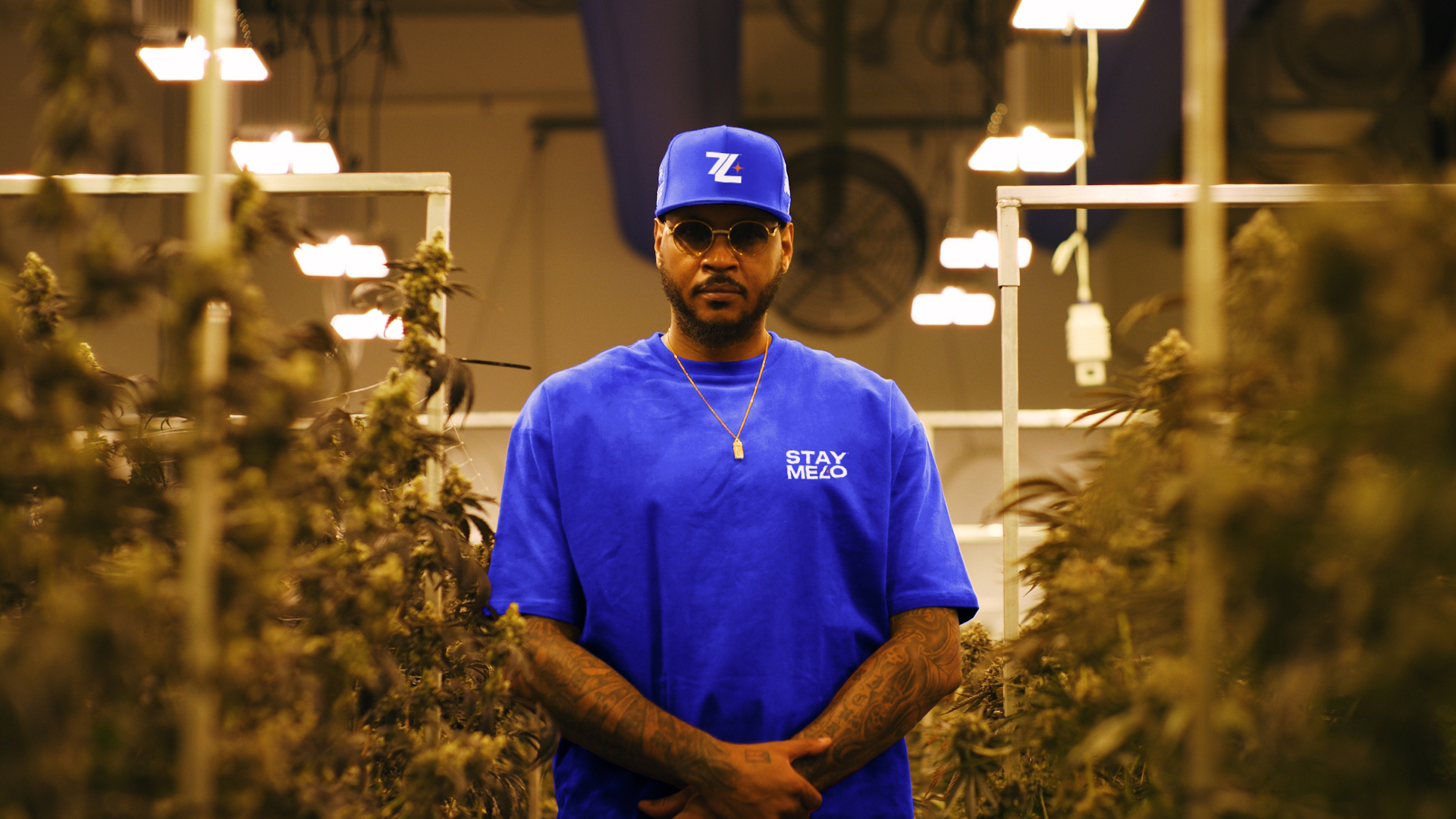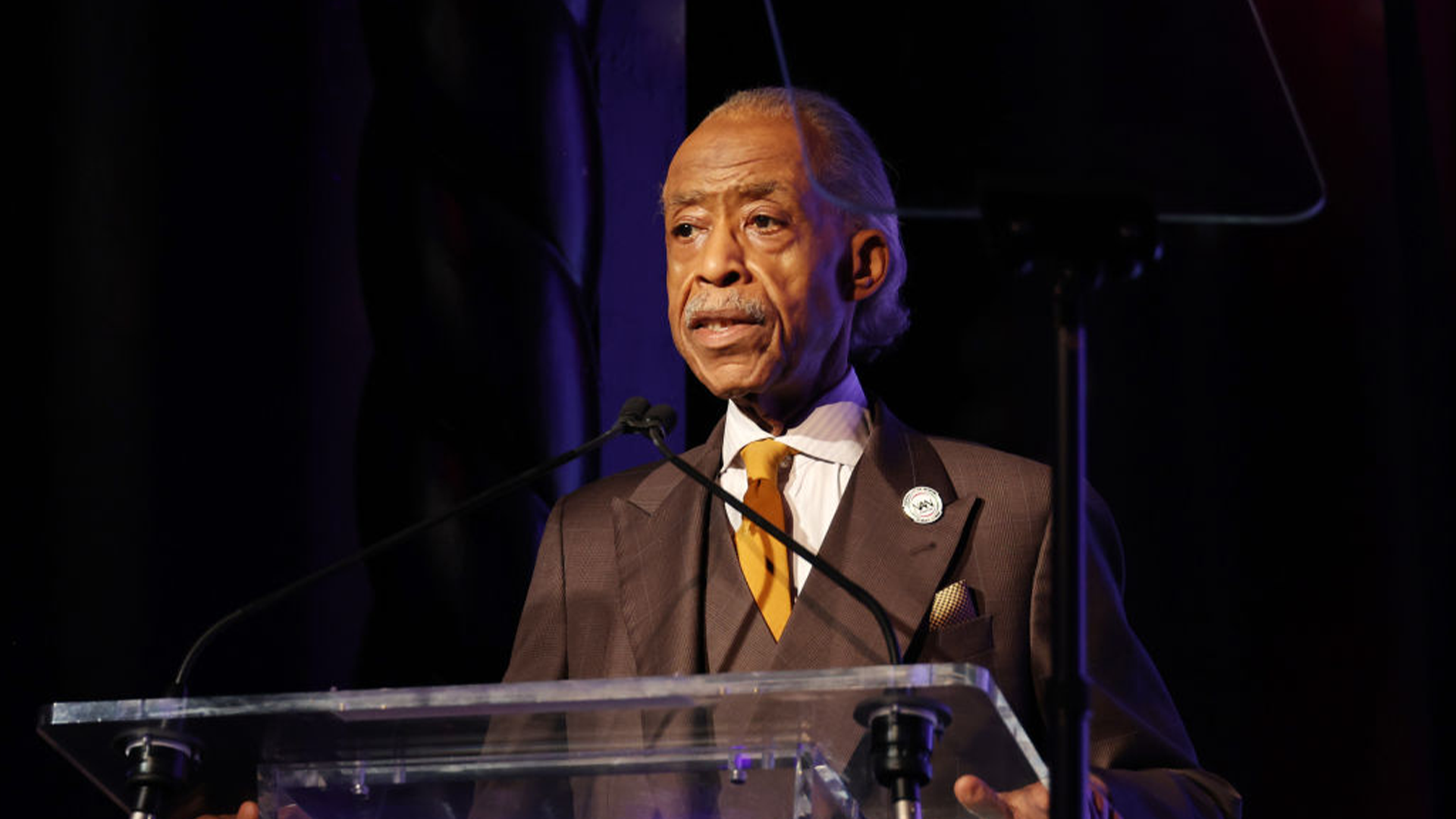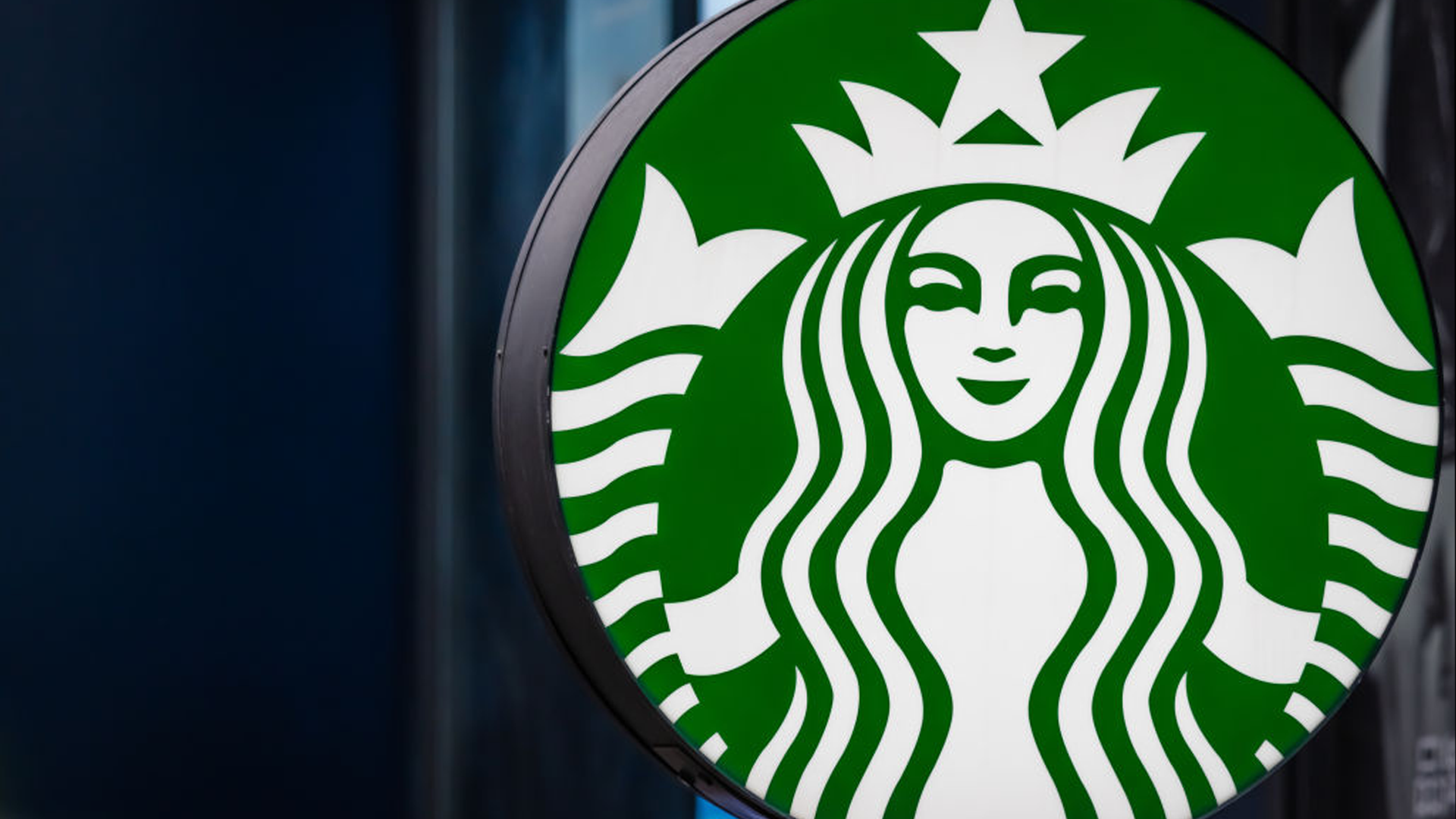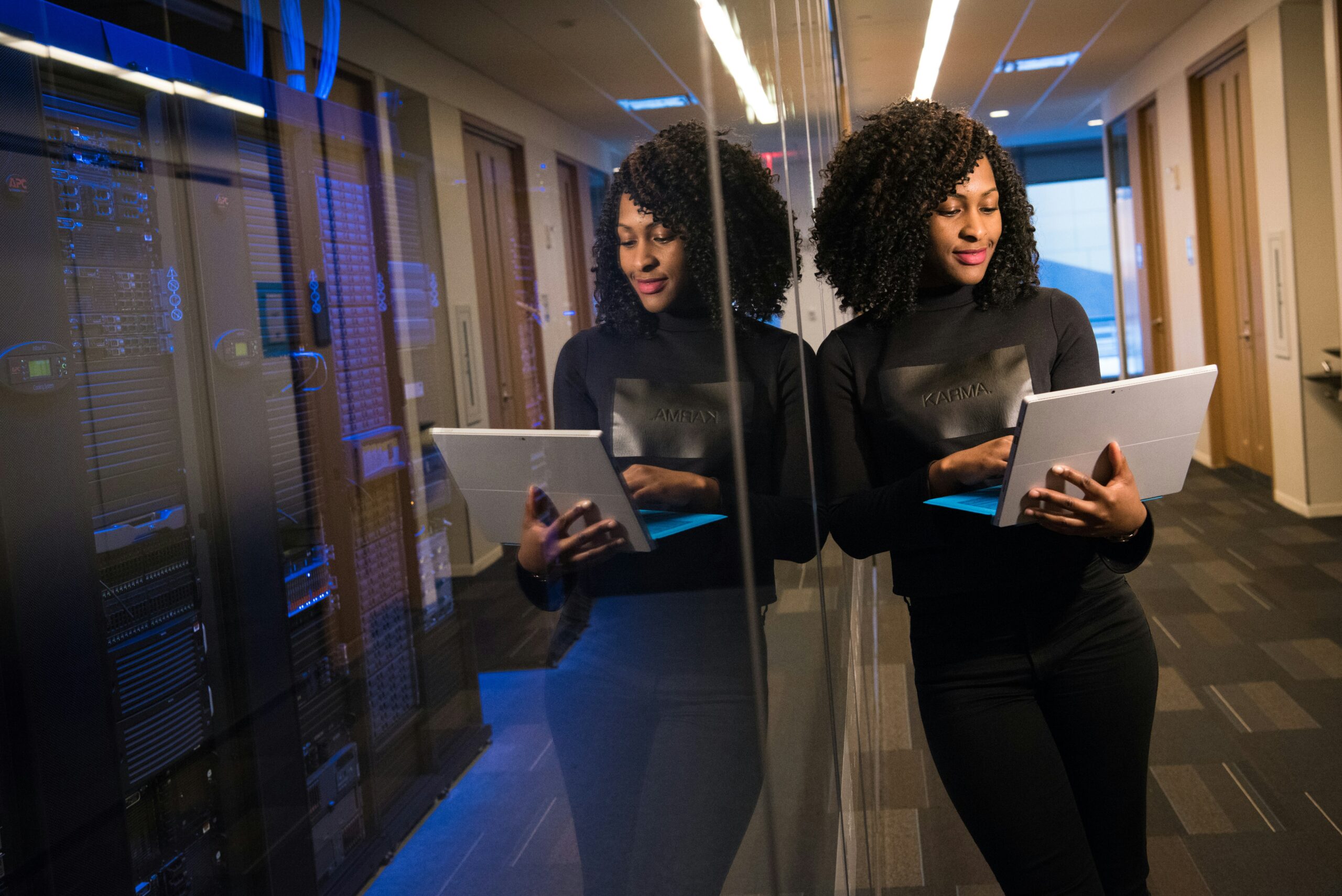For decades, America has dealt with the horror of systems that plague the progression of certain groups. No matter the issue, there has been little shortage in the struggle to fight for diversity, equity, and inclusion (DEI) across a spectrum of sectors.
Like any system riddled with backward thinking, the people impacted the most grow tired of the struggle and gain the strength to fight for what is owed to them. From slave revolts to the Civil Rights Movement to Women’s suffrage to the Stonewall Uprising — when people have had enough, they come together to demand change.
Although the systemic oppressive nature of America has not been alleviated, the work of those who fight to dismantle said systems has caught the attention of certain politicians, policymakers, and companies. While some are just catching on, many have been side by side in the fight, creating space for equality to ring free. Although Meta doesn’t claim to get it all right, the tech giant is working to create a culture that thrives on principles related to DEI and belonging.
AfroTech had the opportunity to sit and learn from the tech giant’s VP of Workforce Diversity and Inclusion, Sandra Altiné, to help understand the intentional work the company is doing to better support underrepresented communities.
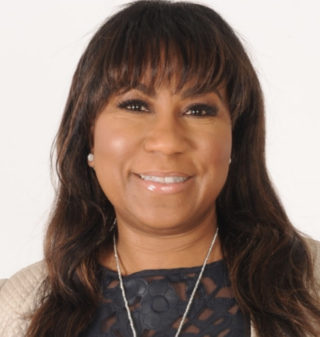
Not New To This Work
Sandra Altiné has a robust career in and around DEI. She started at JP Morgan Chase as an operations manager. Due to the nature of that role, she was surrounded by people all over the world from various backgrounds and perspectives. In fact, her work was to understand DEI as a change management process, including constant communication, behavior change, change in a systemic approach, and the recruitment process.
Her work with JP Morgan Chase and two other organizations led to her current role at Meta. Once hired, she relocated to California from the New York Area.
Starting her new role just before the pandemic, she didn’t stay in California long. However, her remote experience was foretelling of the data Meta would soon find most impactful in its 2022 Diversity Report.
“It’s interesting because when you think about our annual report, that’s what it’s about. It’s about our distributed workforce, and 75 percent of our teams are distributed worldwide,” Altiné explained. “And we’ve been able to really get diverse talent because folks are able to work remotely and really stay within their communities.”
Ensuring Diversity Is At The Center
For Altiné, having a culture that is true to diversity starts with recruitment. However, tapping into that diversity was challenging because of the barrier of remote options.
“From a recruiting perspective, we always had these great candidates, right? They just weren’t willing to move, or we weren’t willing to have them work remotely,” Altiné explained.
But it was more than the remote options. Since 2015, Meta Emerging Talent has actively recruited at Historically Black Colleges and Universities (HBCUs) and has built relationships with Spelman College, Morehouse College, Howard University, Morgan State University, and North Carolina A&T University. Altiné understood that just like at HBCUs, recruiting diverse talent was also about ensuring people had a sense of community.
“We certainly knew that there was talent out there, diverse talent. But we also knew that people were not willing to move to Silicon Valley, Menlo Park because it wasn’t that diverse,” she continued.
Altiné had a similar experience when she discovered that she had to move to the west coast. However, when she got there, she “found her folks.” And although she was able to find and foster community, she still understood the barriers that existed in building diverse teams, especially without remote opportunities.
Having Diversity is Cool, But What About Inclusion?
With the uptick in remote work, increased diversity immediately resulted from that shift. However, having a diverse workforce doesn’t always equate to an equitable and just culture. Altiné suggested that isn’t the case for Meta.
“Everything we do from a workforce diversity perspective is focused on driving more equitable outcomes for everyone,” Altiné said.
The systems Meta develops or enhances aim to produce more equitable outcomes. One example was how they viewed performance measures and goals and then created strategies that support their employees’ development.
A Look At The Numbers
With specific strategies and policies in place, Meta aims to increase all people of color in leadership positions in the U.S. by 30 percent by 2025. The company has seen a 44.1 percent increase of Black employees in leadership since 2020.
“We want to increase the representation of all people of color in leadership positions in the U.S. by 30 percent. We are on track to achieve that goal and we have reached it, faster than we thought, for Black employees in leadership,” Altiné pointed out.
The Future At Meta
The people at Meta understand that wherever there is human interaction creates a need for equitable strategies. This is why DEI is the foundation for the metaverse. DEI will be a core component for building the metaverse from the ground up to ensure it is as equitable, safe, and accessible as it can be for everyone.
Meta is making a $50 million investment in partnerships with civil rights groups, nonprofits, academic institutions, and others worldwide to make this happen. With the investment, researchers from Howard University will conduct a study that investigates historical barriers to technology for underrepresented groups and then bears down to understand what the company can do to break down those barriers and reduce their chances of recurring in the future.
